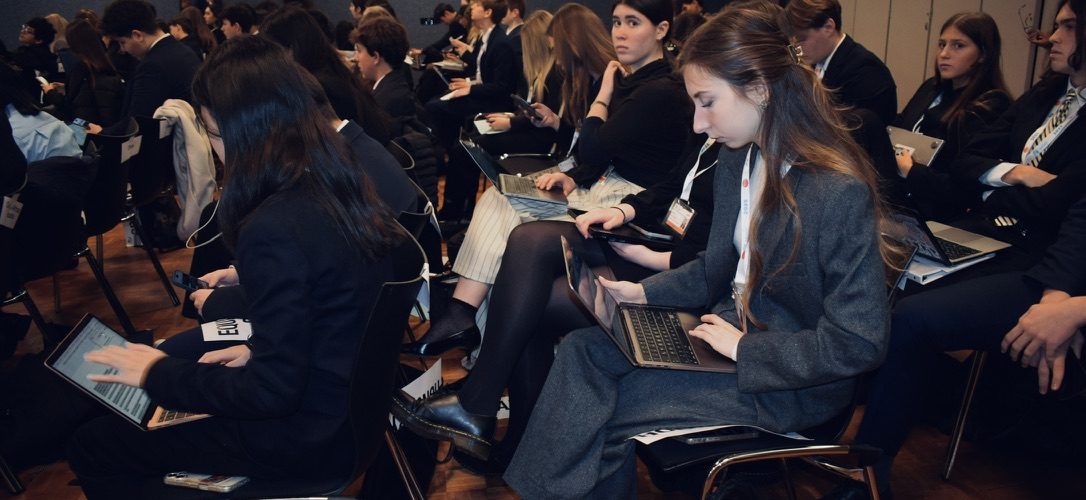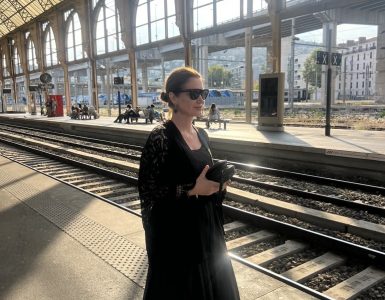High school is often described as a balancing act. And for me, that’s been very true. Juggling academics, personal interests, and extracurriculars has been one of my greatest challenges, but also one of the most rewarding parts of my journey. From robotics in my early years to AP Psychology and MUN today, I’ve had to learn how to manage my time with focus, discipline, and purpose.
I first got into robotics during my prep and 9th grade years. I loved how it combined logic with creativity, and how every problem we faced required both persistence and teamwork to solve. After long school days, I’d head straight to robotics club, where hours passed like minutes. But I quickly realized that passion alone wasn’t enough and without proper planning, my grades started to suffer. That’s when I began using block scheduling and simple weekly planners to divide my day between school responsibilities and robotics prep.
Pinpoint: Learned to manage time through block scheduling during intense robotics seasons.
As I entered 10th grade, I discovered a new passion: Model United Nations (MUN). It brought out a different side of me—public speaking, diplomacy, writing, and deep research. Writing position papers while preparing for school exams forced me to think strategically about how I use my time. I created a backward-planning system, where I’d map out deadlines and break down tasks into small, manageable goals. MUN helped me become more globally aware while also sharpening my academic discipline.
Pinpoint: Built a backward-planning method to handle MUN deadlines alongside schoolwork.
This year, I took a big leap and decided to study AP Psychology on my own, alongside my full academic schedule. It was one of the most demanding—but also fascinating—experiences I’ve had. I developed study habits like spaced repetition, active recall, and short daily review sessions to keep up. Psychology didn’t just help me academically; it helped me understand my own learning style, motivation, and even stress.
Pinpoint: Developed cognitive study techniques (spaced repetition & active recall) to succeed in AP Psychology.
To stay balanced and consistent, I’ve created a personal time management system that works for me:
– Google Calendar – to plan my days and color-code different types of work
–Sunday Planning Ritual – to reflect, plan, and reset for the week
–Mindful Breaks – to avoid burnout and keep creativity flowing
Through all of this, I’ve realized that managing your time isn’t just about being efficient—it’s about choosing what really matters!! For me, that’s meant creating space for both ambition and curiosity, deadlines and growth. Passion projects keep me inspired. School keeps me grounded. And together, they shape the person I’m becoming 🙂


















